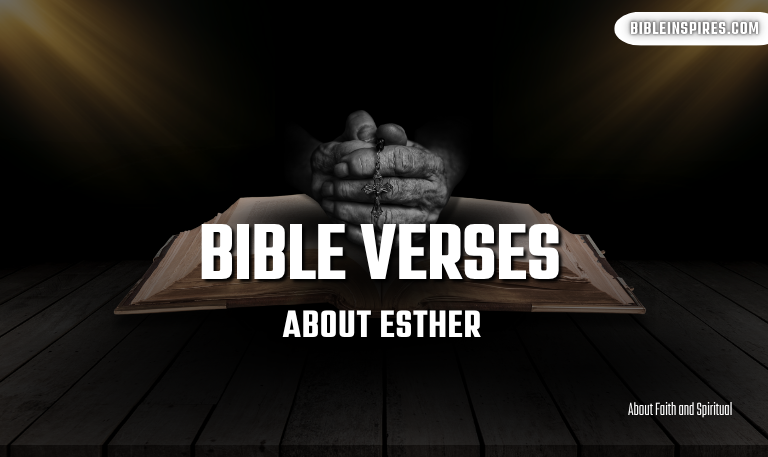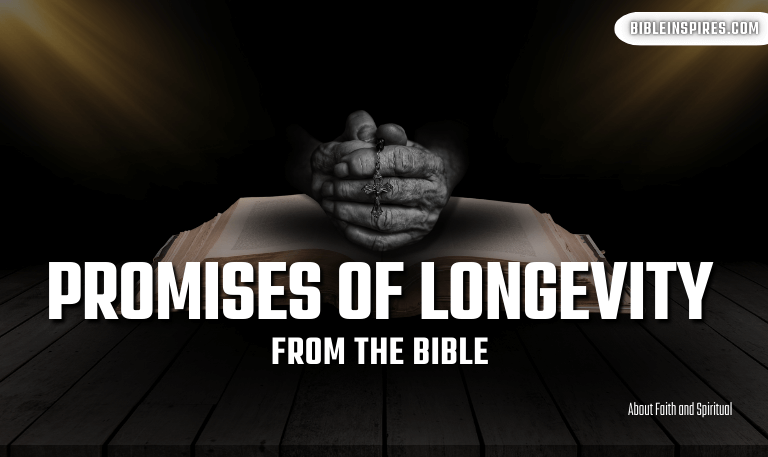The story of Esther is one of the most inspiring narratives in the Bible, filled with courage, faith, and God’s providential care. For centuries, readers have turned to the Book of Esther for spiritual lessons on bravery, identity, and divine purpose. This article explores the most significant Bible verses about Esther, their meanings, and how her story continues to inspire believers today. Whether you’re studying the Bible, preparing a sermon, or seeking encouragement in faith, this guide covers everything you need—from key scriptures and thematic insights to practical applications of Esther’s legacy.
Who Was Esther? A Biblical Overview
Esther, a Jewish woman, rose to prominence as Queen of Persia during a critical time in Jewish history. The Book of Esther, found in the Old Testament, chronicles her journey from orphaned niece to a powerful queen who risked her life to save her people from genocide.
Though God’s name is never explicitly mentioned in the book, His hand is evident in Esther’s rise and the deliverance of the Jewish people. Esther’s courage and wisdom make her a beloved biblical figure and a symbol of faith under pressure.
Themes in the Book of Esther
Several key themes resonate throughout Esther’s story:
Courage and Faith: Esther’s bravery in approaching the king without an invitation highlights the power of faith-backed courage.
Divine Providence: God’s unseen guidance throughout the events showcases how He orchestrates deliverance.
Justice and Deliverance: The narrative emphasizes God’s justice through the reversal of Haman’s plot.
Identity and Purpose: Esther embraces her Jewish identity and fulfills her unique purpose at a pivotal moment.
Read Also: Bible Verses About Snow
Top Bible Verses About Esther and Their Meanings
1. Esther 4:14 — “For Such a Time as This”
“And who knows but that you have come to your royal position for such a time as this?”
This verse captures the pivotal moment where Mordecai urges Esther to act courageously. It’s a timeless reminder of divine timing and purpose, encouraging believers to recognize their role in God’s plan.
2. Esther 4:16 — Esther’s Bold Resolve
“Go, gather together all the Jews… and fast for me. Do not eat or drink for three days, night or day. I and my attendants will fast as you do. When this is done, I will go to the king…”
Esther’s prayer and fasting underscore the spiritual preparation necessary before taking action, emphasizing dependence on God’s strength.
3. Esther 2:17 — Esther Becomes Queen
“Now the king was attracted to Esther more than to any of the other women…”
This verse marks Esther’s rise, highlighting God’s favor despite the absence of His direct mention.
4. Esther 7:3 — Esther’s Courageous Plea
“Then Queen Esther answered, ‘If I have found favor with you, Your Majesty, and if it pleases you, grant me my life…’”
Esther boldly appeals to the king for her people, demonstrating fearless advocacy and the power of righteous influence.
5. Esther 8:17 — Joyful Deliverance
“And many people of all nationalities became Jews because fear of the Jews had seized them.”
This verse celebrates the victory and transformation following deliverance, reflecting the impact of Esther’s faith-driven actions.
Esther’s Prayer: Faith in Action
Esther’s prayer during the three-day fast is a profound example of faith in action. Though the book does not include a direct prayer text, Esther 4:16 implies a deep spiritual plea for God’s favor and intervention.
Spiritual Preparation: Fasting demonstrates humility and dependence on God.
Communal Unity: Esther calls for all Jews to fast with her, emphasizing solidarity.
Personal Resolve: The prayer fuels Esther’s courage to face potential death.
Esther’s Courage and Its Biblical Significance
Esther’s story is one of courage grounded in faith:
She risks her life to approach King Xerxes without a summons (Esther 4:11).
Her bravery inspires believers to trust God amid danger (Joshua 1:9).
Esther’s courage is a model for standing up for justice and truth.
God’s Providence in Esther’s Story
Though God is not named, His providence permeates the narrative:
Esther’s selection as queen is no accident (Esther 2:17).
Mordecai’s discovery of the assassination plot (Esther 2:21-22) shows divine intervention.
The timing of Esther’s actions reveals God’s control over history.
Justice and Deliverance in Esther
Esther’s advocacy leads to the downfall of Haman, the enemy plotting genocide:
Esther 7:4-6 details her plea for justice.
The king’s decree reverses Haman’s plot, highlighting God’s justice.
This theme aligns with biblical calls to uphold justice (Isaiah 1:17).
Esther’s Identity and Purpose
Esther embraces her Jewish identity courageously:
Raised by Mordecai (Esther 2:7), she remains connected to her heritage.
Mordecai’s challenge (Esther 4:14) reminds us of purposeful destiny.
Esther’s story encourages believers to own their faith identity boldly.
The Festival of Purim and Its Biblical Roots
Purim commemorates the Jewish deliverance through Esther (Esther 9:20-32).
It’s celebrated annually with reading Esther’s story, feasting, and charity.
Purim reflects themes of joy, victory, and divine protection.
Lessons From Esther for Today’s Believers
Be Courageous: Act in faith despite fear or uncertainty.
Trust God’s Timing: Recognize and embrace your “time” in God’s plan.
Pray and Fast: Prepare spiritually for challenges.
Stand for Justice: Use your influence to advocate for righteousness.
Own Your Identity: Be proud of your faith and heritage.
Bible Verses About Esther FAQs
1. Who was Esther in the Bible?
Esther was a Jewish queen of Persia who saved her people from genocide through courage and faith.
2. What is the most famous Bible verse about Esther?
Esther 4:14 — “For such a time as this,” is the most quoted verse symbolizing purpose and divine timing.
3. Does the Bible mention God directly in the Book of Esther?
No, God’s name is not directly mentioned, but His providence is clear throughout the story.
4. What does “For such a time as this” mean?
It means that Esther was placed in her royal position to act at a critical moment to save her people.
5. How does Esther show courage in the Bible?
She risks her life by approaching the king without invitation to plead for her people.
6. What Bible verses relate to Esther’s prayer?
Esther 4:16 refers to her prayer and fasting before approaching the king.
7. How is Esther’s story relevant to Christians today?
Esther’s faith and bravery inspire believers to trust God and stand firm in adversity.
8. What Bible verses reference the festival of Purim?
Esther 9:20-32 outlines the institution of Purim to celebrate deliverance.
9. Is Esther considered a prophetess or saint?
Esther is not called a prophetess, but she is revered as a heroic woman of faith.
10. What can we learn about God’s providence from Esther?
God often works behind the scenes through human actions to fulfill His divine plan.
Conclusion
The Bible verses about Esther offer profound insights into courage, faith, and God’s providential care. Esther’s story encourages believers to embrace their purpose, trust God’s timing, and stand boldly for justice. As you reflect on these verses and themes, may you find inspiration to face your own challenges “for such a time as this.”

![Top 10 Bible Verses About Brotherhood and Love [Explained] 3 Top-10-Bible-Verses-About-Brotherhood-and-Love-[Explained]](https://bibleinspires.com/wp-content/uploads/2025/04/Top-10-Bible-Verses-About-Brotherhood-and-Love-Explained.png)
![11+ Bible Verses About God and Nature [2025] 4 11+-Bible-Verses-About-God-and-Nature-[2025]](https://bibleinspires.com/wp-content/uploads/2025/04/11-Bible-Verses-About-God-and-Nature-2025.png)
